Conflict Resolution Strategies To Improve Team-Building
In any team environment, the potential for conflict is always present. Fortunately, effective communication skills can go a long way in resolving those conflicts. But, they're also not easy to master. After all, when people disagree over something, it can be easy to get caught up in our emotions and let things escalate out of control.
When team members are able to openly and honestly communicate with each other, they can quickly identify and address the issues that are causing the conflict. This not only helps to resolve the immediate conflict but can also help to prevent future conflicts from occurring.
The State of Conflict in the Workplace
Conflicts in the workplace are inevitable. According to the Workplace Conflict Statistics 2022 released by Pollack Peacebuilding, 85% of employees experience some kind of workplace conflict, with 29% reporting that it's something they are consistently exposed to.
Most people might not realise how "office drama" impacts more than productivity and morale; it affects the bottom line too.
A 2008 study conducted by the creators of the Myers-Briggs Type Indicator and the Thomas-Kilmann Conflict Mode Instrument says that workers in the United States spend close to three hours per week dealing with workplace issues. This amounts to about $490 billion in paid hours or 385 million working days.
However, the key here is to ensure that the conflicts are effectively managed so that they are constructive rather than destructive.
Here are four effective strategies you can use to resolve conflicts at work:
Determine the source of the conflict
Getting to the root of a conflict is the first step toward resolving it. Talk to all the parties involved in the conflict. There are generally two kinds of conflicts: task-oriented and relationship-oriented. Often, the best approach to handling and resolving a conflict is based on how it started in the first place.
If the cause was task-oriented, isolate the incident and analyse the facts that led up to it instead of bringing emotions into the equation. If the dispute was a result of relational conflict, give the parties space to reflect on the situation and bring them back together to understand how the actions or inactions of the other party caused them to feel a particular way. Understanding the why from another person's perspective helps them develop empathy for each other in the team.
Practice active listening
Active listening is an underrated communication skill that is essential in conflict resolution. To mitigate the escalation of conflicts from the get-go, companies should invest in corporate team-building workshops that equip team members with active listening skills. The art of listening to understand instead of listening to formulate a response is often what will break down hostility between team members and provide a fresh slate for bridges to be mended.
As a mediator, let each party share their ideas and perceptions about the situation. Allow each participant an equal opportunity to share their thoughts and concerns without favouring one over the other. This approach allows all parties to express themselves openly and honestly, understand the source of the conflict and come up with solutions.
Learn how to "confront"
We all know the typical "fight or flight" response when people are met with conflict. When faced with conflicts as a team, it's natural that team members default to these natural responses. In fact, some of them have a third response, which is to freeze. All of these responses are not beneficial in managing the conflict within a team as they can leave team members feeling invalidated or disrespected in the process.
A valuable team member is someone who understands how to assert their point of view in the midst of conflicts without being confrontational. They understand how to express themselves concisely and coherently without dismissing the opinions of others. Not all companies are blessed with managers with the natural ability to manage conflict. This is why companies should prioritise equipping managers and team members likewise with conflict resolution strategies and skills through corporate team-building workshops.
Final Thoughts
Conflict resolution in the workplace is often a full-time job in and of itself. It can be challenging and uncomfortable to mediate conflicts between employees, regardless of their frequency. But, if you know how to manage conflict when it arises, you can turn it into something positive.
Conflict can often be a catalyst for change within an organization — especially when there is effective communication between team members and managers.
Written by Rachel Chai
Connectedness • Empathy • Strategic • Belief • Context
Rachel is a Strengths School™ Certified Strengths Trainer and the Content Lead at Strengths School™. Being deeply introspective, she believes in helping others draw connections between how their unique strengths play out in their lives.



